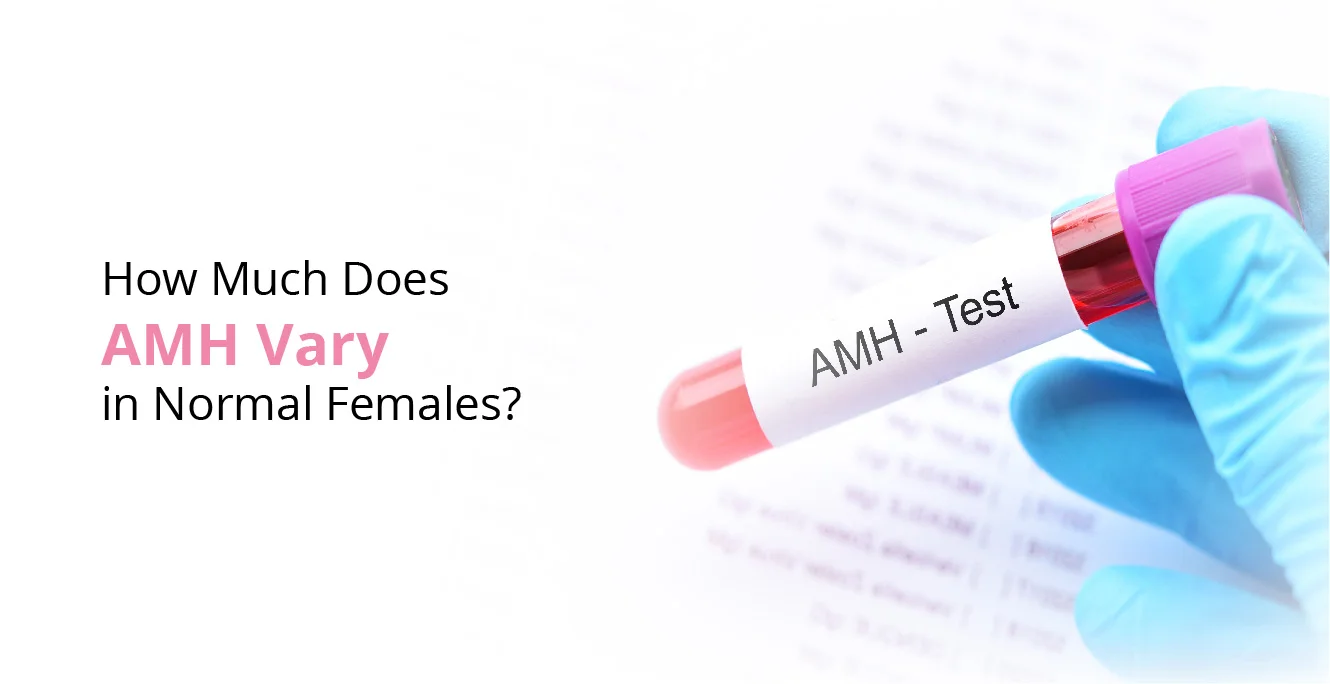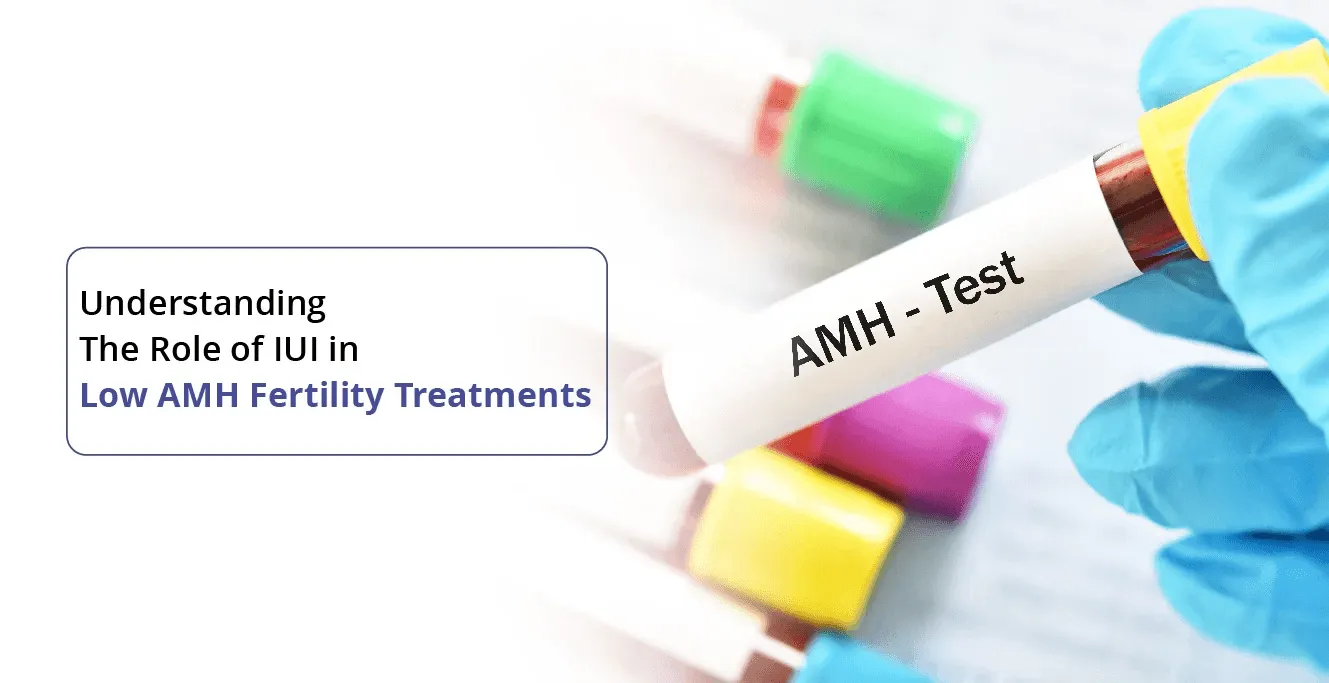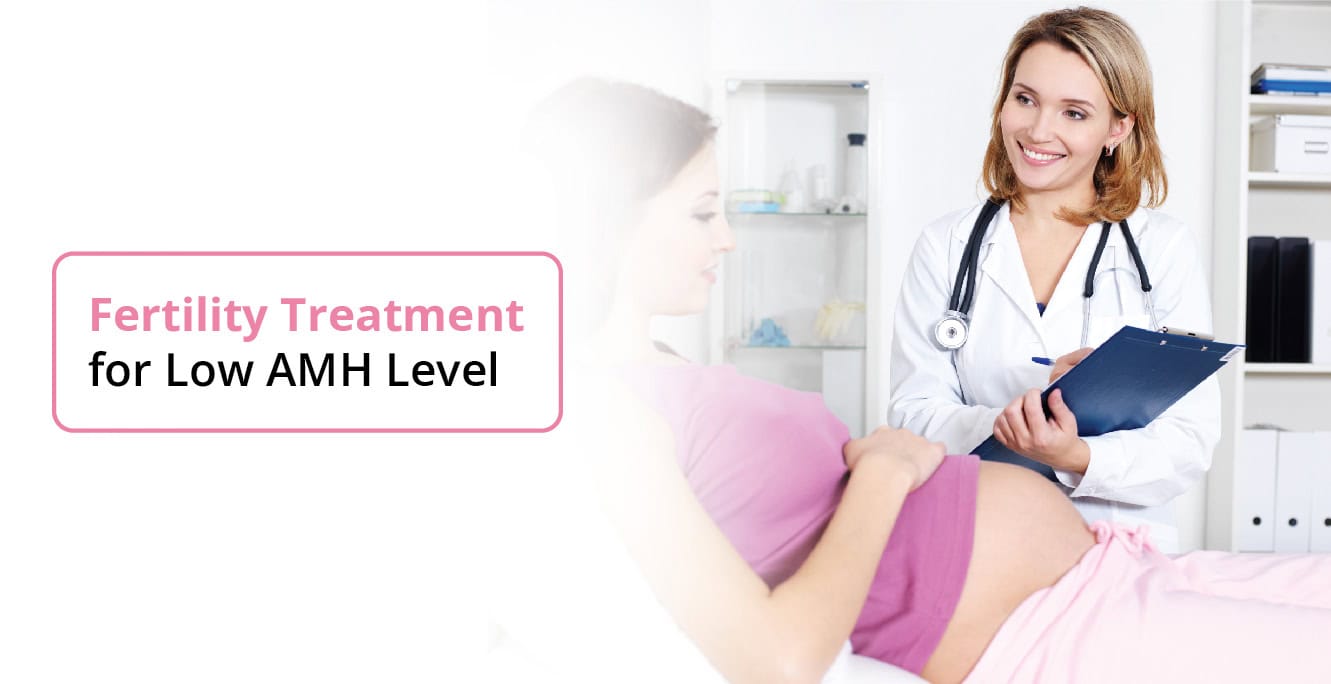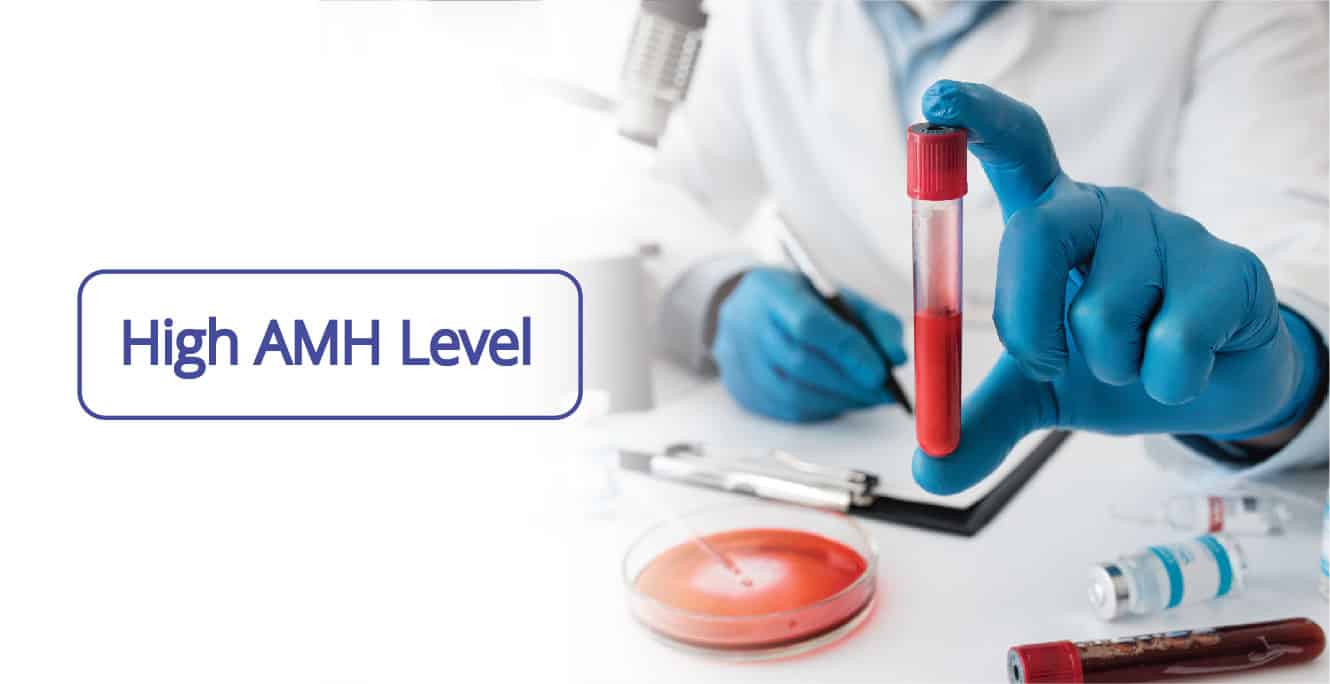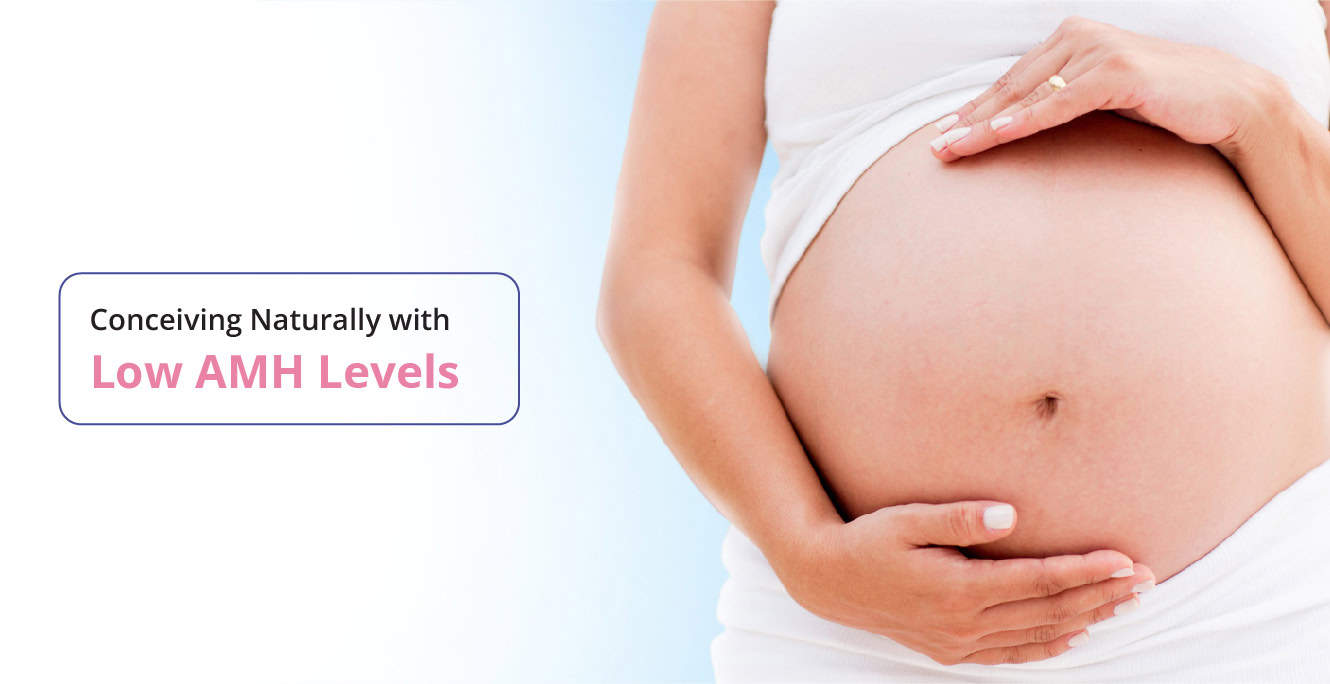
Conceiving Naturally with Low AMH Level

Table of Contents
- Understanding AMH and Its Role in Fertility
- Low AMH Levels and Natural Conception
- Holistic Approaches to Enhance Fertility
- Alternative Therapies and Complementary Approaches
- Medical Interventions for Conceiving with Low AMH Levels
- Coping Emotionally with Low AMH Levels
- Conclusion:
- Frequently Asked Questions (FAQs)
Embarking on the journey to parenthood comes with its share of joys and challenges. For some individuals, the challenge may involve confronting a diagnosis of low Anti-Mullerian Hormone (AMH) levels, which can impact fertility. In this extensive guide, we delve into the nuances of low AMH levels, its implications for natural conception, and proactive strategies to enhance fertility.
Understanding AMH and Its Role in Fertility
Defining AMH:
Anti-Mullerian Hormone is a protein produced by the ovaries, reflecting the quantity of a woman’s ovarian reserve—essentially, the number of eggs remaining in her ovaries.
Ovarian Reserve and Fertility:
Ovarian Reserve: AMH levels provide insights into ovarian reserve, but it’s essential to note that quantity does not necessarily equate to quality.
Fertility Implications: Low AMH levels may suggest a reduced ovarian reserve, potentially impacting fertility.
Low AMH Levels and Natural Conception
Different Ranges of AMH Levels
This table provides a general overview of how different ranges of Anti-Mullerian Hormone (AMH) levels may impact fertility. It’s important to note that individual responses can vary, and fertility assessments should be interpreted in consultation with a fertility expert after a thorough diagnosis.
| AMH Level (ng/ml) | Fertility Implications |
| High (Above 4.0) | – Higher ovarian reserve.
– May indicate polycystic ovaries or risk of hyperstimulation during fertility treatments. |
| Normal (1.0 – 4.0) | – Adequate ovarian reserve for fertility.
– Represents a balanced ovarian function. |
| Low (0.5 – 1.0) | -Reduced ovarian reserve, potential fertility challenges.
-May suggest fewer eggs available for conception |
| Very Low (Below 0.5) | – Significant reduction in ovarian reserve.
– Increased difficulty in achieving natural conception. |
Challenges of Low AMH Levels:
- Reduced Egg Quantity: Low AMH levels often correlate with a diminished quantity of eggs, potentially reducing the chances of conception.
- Potential Impact on Ovulation: While AMH primarily reflects ovarian reserve, it may also influence the regularity of ovulation.
Navigating Natural Conception:
- Optimizing Timing: Tracking menstrual cycles and ovulation to optimize the timing of intercourse can enhance the chances of natural conception.
- Healthy Lifestyle Choices: Maintaining a healthy lifestyle, including a balanced diet, regular exercise, and stress management, contributes to overall reproductive health.
Holistic Approaches to Enhance Fertility
Optimizing Health and Nutrition:
- Nutrient-Rich Diet: A diet rich in antioxidants, vitamins, and minerals supports reproductive health. Incorporating foods like fruits, vegetables, and whole grains is beneficial.
- Supplements: Under medical guidance, supplements like folic acid, vitamin D, and omega-3 fatty acids may contribute to overall fertility.
Weight Management:
Balanced Weight: Achieving and maintaining a healthy weight is crucial for hormonal balance and fertility. Both underweight and overweight conditions can impact fertility.
Stress Reduction:
- Mind-Body Practices: Engaging in stress-reducing practices such as yoga, meditation, or mindfulness can positively influence reproductive health.
Alternative Therapies and Complementary Approaches
Acupuncture:
- Stimulating Blood Flow: Acupuncture may enhance blood flow to the reproductive organs, potentially promoting optimal ovarian function.
- Stress Reduction: Acupuncture sessions can contribute to stress reduction, positively impacting fertility.
Herbal Supplements:
- Caution and Consultation: Some individuals explore herbal supplements like maca root or chasteberry. It’s crucial to consult with a healthcare professional before incorporating such supplements.
Medical Interventions for Conceiving with Low AMH Levels
Ovulation Induction:
- Medication Protocols: Ovulation-inducing medications, such as Clomiphene citrate or letrozole, may be prescribed to stimulate egg development.
Intrauterine Insemination (IUI):
- Enhanced Sperm Placement: IUI involves placing prepared sperm directly into the uterus, increasing the chances of fertilization.
Coping Emotionally with Low AMH Levels
Seeking Emotional Support:
- Counselling: Professional counseling or support groups can provide a safe space to navigate the emotional complexities of fertility challenges.
- Open Communication: Openly communicating with partners about feelings, expectations, and the fertility journey is vital for mutual support.
Conclusion:
While low AMH levels may present fertility challenges, they do not eliminate the possibility of natural conception. A holistic approach that combines lifestyle modifications, alternative therapies, and medical interventions offers a comprehensive strategy to enhance fertility. By navigating this journey with resilience, optimism, and a proactive mindset, individuals with low AMH levels can embrace the possibilities of natural conception and the joys of parenthood.
Frequently Asked Questions (FAQs)
- Can I Conceive Naturally with Low AMH Levels?
Answer: Yes, it’s possible. Low AMH levels may indicate reduced ovarian reserve, but natural conception is still achievable with proactive measures and healthy lifestyle choices.
- Do Low AMH Levels Mean I Won’t Ovulate Regularly?
Answer: While AMH primarily reflects ovarian reserve, it may also influence ovulation regularity. Tracking your menstrual cycle and optimizing timing can enhance natural conception.
- Are There Lifestyle Changes to Improve Fertility with Low AMH?
Answer: Yes, maintaining a balanced diet, regular exercise, stress reduction through practices like yoga, and achieving a healthy weight can positively impact fertility with low AMH levels.
- Can Acupuncture Help Improve Fertility with Low AMH?
Answer: Acupuncture may enhance blood flow to reproductive organs and contribute to stress reduction, potentially supporting fertility. Consultation with a healthcare professional is advised.
- Is Medical Intervention Necessary for Conceiving with Low AMH?
Answer: Medical interventions, such as ovulation induction or intrauterine insemination (IUI), may be considered to enhance fertility with low AMH levels. Consult with a fertility specialist for personalized recommendations.
Our Fertility Specialists
Related Blogs
To know more
Birla Fertility & IVF aims at transforming the future of fertility globally, through outstanding clinical outcomes, research, innovation and compassionate care.
Had an IVF Failure?
Talk to our fertility experts

 Our Centers
Our Centers





